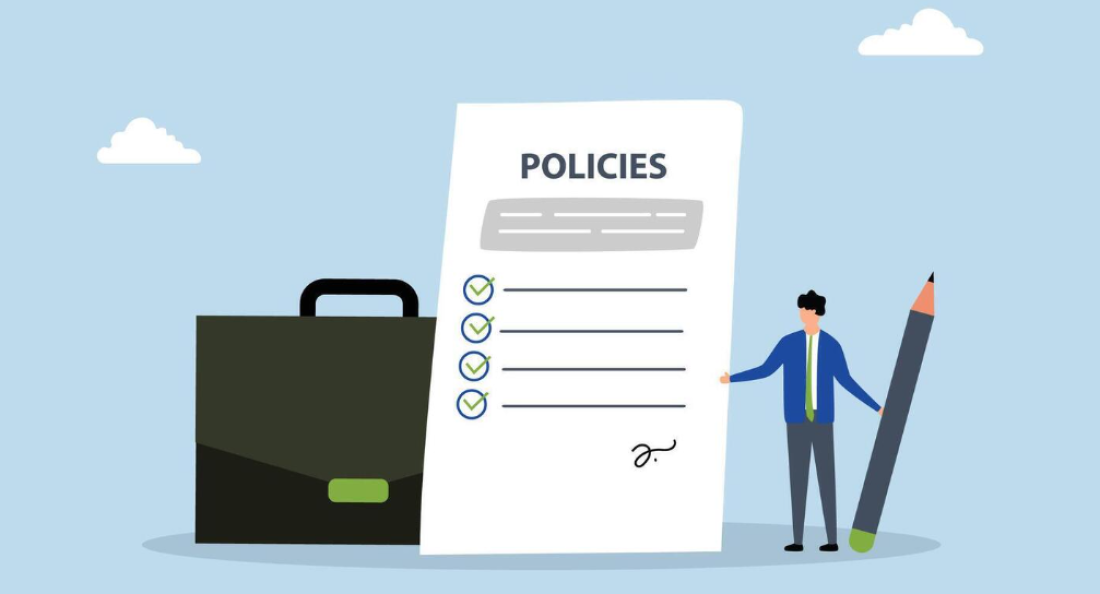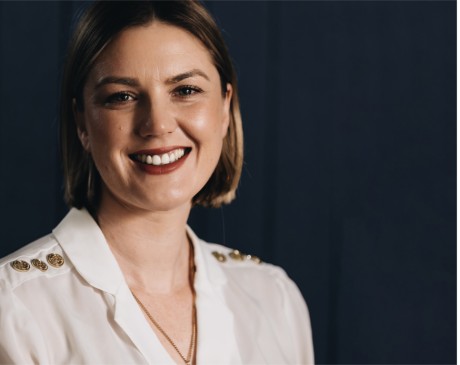Start a Community Group
If you have a great idea or see a need in our community for a new initiative, you might be considering setting up your own organisation or community project. Starting a community group is a great way to bring about positive change in our community, but it does take a lot of commitment, time, and resources.

Where to start?
Before you start we have compiled some things to consider to help you when setting up a new group.
Research
There are around 28,000 registered charities in New Zealand doing some incredible work. Before you begin, take a moment to see if there at similar initiatives already in place. Think about joining or teaming up with an existing group, it could save you time and effort. Also, remember that setting up an organisation that is similar to existing groups increases competition for resources making it harder to secure funding. Where possible it’s a good idea to work together. You can check out a list of registered community groups in your area, click here
Queenstown Lakes District Council also has a comprehensive list of all community services, clubs and groups within the Queenstown Lakes District, click here
To explore Central Otago community groups check out the Central Otago Local Directory, click here
Or get in touch with huddl, enquire here
Listen to the community
Community consultation is really important. Figuring out the needs of the community and where your organisations sits is key. Gather information through workshops, surveys, hui's and connecting with other community groups will help make sure your group is successful in achieving it's goals.
To view Census data to drill into the characteristics of people, families and households in Central Otago District view Community Infometrics, click here Queenstown Lakes Census data can be accessed, click here
Define your purpose
You will need to be able to define the purpose of your organisation so think about what you are looking to achieve. If you are thinking about becoming a charity, charities in New Zealand must operate exclusively for charitable purposes and there are four categories which are set out in the Charities Act 2025:
Relieving poverty
Advancing education
Advancing religion
Other purposes beneficial to the community
Some examples of purposes that fit within the fourth category (“other purposes beneficial to the community”) include:
Advancing health (including through public participation in sports)
Supporting charitable needs, such as old age, disability or homelessness
Protecting the environment
Preventing or easing the suffering of animals
Running a marae on a Māori reservation.
You can read more on Charitable Purposes here
What skills do you need?
Do you have the right people involved? You will need a group of people with different skills and an understanding of how to run a group, the reporting requirements and the obligations of being a registered charity or incorporated society. Centre for Social Impact has an overview of the fundamental organisational skills and issues you need when you are leading or developing a small or new community or not-for-profit organisation that you can view here.
Structure
When you are starting an incorporated society or registered charity, it's important to have a strong foundation for your organisation. You need to consider the setup of the group alongside the great work you plan to do. Here are a few things to consider:
You will need to decide on the legal structure for your group. There are many different legal structures available and some options are:
An unincorporated group, this best suited for informal groups with no staff. There are fewer legal requirements but this structure doesn't provide as many funding options and the group is not a separate legal entity and members may be liable for the debts of the group.
An incorporated society, this is best suited for not-for-profit membership-based groups, you will require at least 10 members and need a clear membership process.
A charitable trust, this best for not-for-profit groups operating for charitable purposes (education, religion, relief of poverty, or other community benefit).
Charities Services also has a webinar outlining the different types of structures that you can view here.
Choosing the right legal structure for your group. , Community Net Aotearoa have created this table comparing the different legal entities to help you identify which one is right for your group. Check it out.
You might also want to talk with a lawyer to get some professional advice on the best option for you.
Make a plan
Good planning helps you to clearly describe and define your purpose, goals, and progress. It’s important to establish a clear vision and strategic direction for your group and lay out the steps to achieve your outcomes and measure success. You also need to identify any risks and consider how you will overcome them. There is an excellent introduction to planning available via the Community Resource Kit which you can view here.
If you're in the sporting realm, check out.
Chose a name
You can check if the name you want is available on the Societies and Trusts website www.societies.govt.nz. It cannot be identical or almost identical to another charitable trust or body corporate.
Legal considerations
Parry Field Lawyers has some free guides to help you consider legal issues you may find when establishing and operating your for-purpose group. Check out the resources here.
Register your group
Once you have formed your organisation you may want to think about registering with Charities Services. To find out more about the benefits and obligations of being a registered charity click here.
Or if you are thinking about becoming an incorporated society you need to register via the New Zealand Companies Office, they also have a tool to help draft your constitution and information on your responsibilities as an incorporated society. Check it out here.
Tax, what do I need to know?
As not-for-profits and charities exist for the public good they may not need to pay tax, and people who donate money to them may be able to claim a credit (refund) from Inland Revenue. However, they have to approve your organisation as a not-for-profit before you can claim any tax benefits. Check their website for more information. Click here.
Governance
Now it's time to think about governance head over to our governance page for more information.
Mentoring
Have you considered a mentor? huddl run a Leadership in Governance Mentor Programme which is a 6-month programme focused on strengthening leaders in non-profit governance roles through focused mentoring relationships. See more details here
Where else can I get information?
Socialink have a helpful, easy-to-understand flow chart on setting up a community organisation that you can view here. Parry Field Lawyers have a great legal guide for start-ups in Aotearoa which covers social enterprises and not-for-profits, looking at how to choose the best structure for your organisation, how to set up a charitable trust and covering key points to consider. You can check it out here.
Also check out:
Resources and Tools
Welcome to our Resource Library, a comprehensive hub designed to support and empower not-for-profits, community organisations, and social enterprises. Here, you will find a wealth of information, tools, and templates to help you effectively manage your operations, enhance your impact, and achieve your mission.

Governance
Community Committee Essentials
PLEASE NOTE - Due to the busy time of year for many of our community groups we will be postponing this workshop that was originally scheduled for 2 December until the February 2026, keep an eye out for further details
Read more
Explore Ngāi Tahu Online Resources
Looking to start your te reo Māori journey or connect more deeply with Ngāi Tahu history? There’s a wealth of knowledge available online through Ngāi Tahu’s platforms. Here are some key places to start:
Read more
When did you last review your governance procedures?
From 5 October 2023, all registered charities must review their governance procedures at least once every three years. This means that the first mandatory review must occur no later than 5 October 2026, and then continue at least every three years after that.
Read more
Legal and policy
Policy Resources
Policy Resources
We know that developing policies can feel daunting, and it’s often something that gets left until a problem arises, but having the right policies and procedures in place can really help you in the long run. To make it easier, we’ve gathered a selection of resources and templates to help you get started.
Get in touch with huddl

Project lead
Fiona Reeve
huddl is here to help with any questions or information you might need. Feel free to drop a line to Fiona our huddl Project Lead and let us know how we can best assist you.
Let's talk